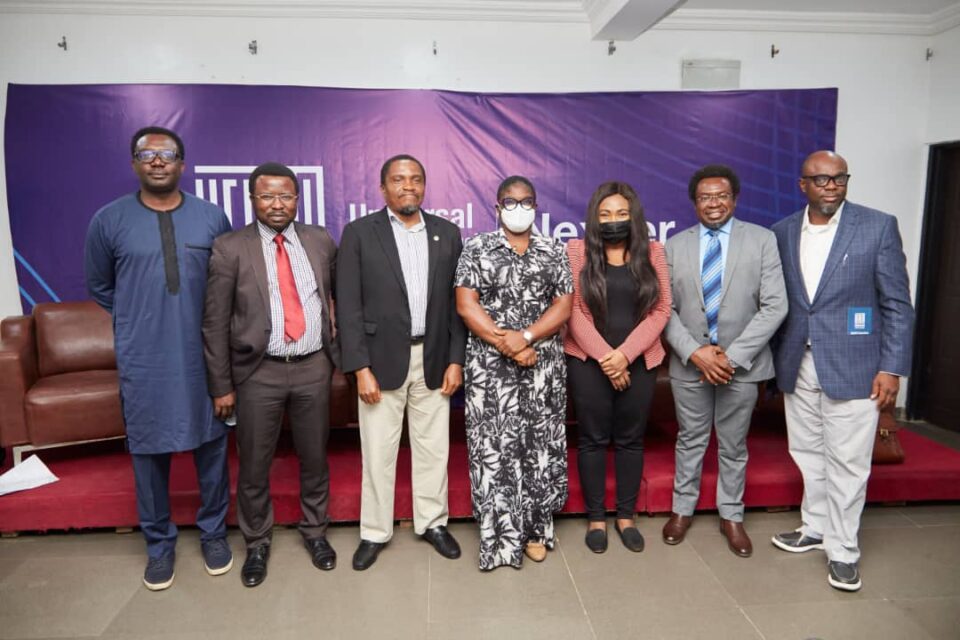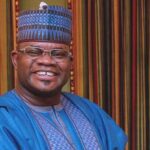By Chesa Chesa
Nigeria’s implementation of theUniversal Health Coverage via the health insurance scheme was the focus of seminal discourse hosted in Abuja on Tuesday by a public policy research group, Nextier Advisory.
The discourse which brought together experts and stakeholders in-person and online, had the theme – ‘Health Insurance in Nigeria: Progress, Gaps and Challenges’.
The experts reviewed the country’s health insurance system, explored the challenges and gaps, and discussed pragmatic strategies to make the system better.
Panelists at the session included the Head of Healthcare Financing Team at the Federal Ministry of Health, Dr. Nneka Orji; Head of Policy, Planning and International Collaborations at the National Health Insurance Scheme (NHIS), Dr. Kurfi Abubakar; and senior health economist at the World Health Organisation (WHO), Dr. Francis Ukwujie.
There were also the Director-General of Plateau State Contributory Healthcare Management Agency Dr. Fabong Jemchang Yildam; and Head of Managed Care/NHIS Unit at the Federal Medical Centre, Abuja, Dr. Ephraim Okoye.
The discussants generally agreed that despite surmountable challenges, Nigeria’s health insurance system, which is essentially contributory, has been succeeding, with Dr. Ikwujie noting that increasing enrolment has been buoyed by the efforts of State Governments at the subnational level.
Dr. Kurfi explained that the decentralization of the system has enabled all 36 States in the country to now have their health insurance schemes, which have expanded the net of medically inspired citizens nationwide.
He also acknowledged the case made by some stakeholders for adjustment of the insurance premium rates in view of prevailing economic conditions, but insists this must be done in moderation and matched by equally premium services by health care providers.
In his interventions, Dr. Fabong strongly pointed out the immeasurable efforts of State Governments towards expanding Universal Health Coverage, even as he gave several examples of what Plateau State government has been doing in that regard.
He revealed plans to get pharmaceutical companies to produce NHIS-branded generic medicines and medical supplies at lower costs in view of the high prices of many branded drugs of major global manufacturers.
Fabong further suggested that health insurance could be made to be tax-based instead of the current contributory scheme, so that more person can be captured in the schemes while services are improved.
On his part, Dr. Okoye of the FMC, Abuja equally described the nation’s health insurance system as a success story in spite of the challenges.
He said this was so much that his hospital has been almost overwhelmed with NHIS services that it has stopped further enrolment of new applicants pending when it can expand its facilities and operations to cater for more patients.
Answering questions from other participants who joined the event online, Okoye dismissed the insinuation that NHIS patients are treated less deservingly than cash paying or regular ones, saying such incident s at least do not occur at FMC, Abuja.
He insisted that it could not be so in a hospital like his where a senior professional consultant like him, with seven other doctors under him, are engaged to be dedicated specifically to NHIS patients. Nonetheless, he urged Health Maintenance Organisations (HMOs) to up their game in relation with the hospitals.
Dr. Nnenna Orji noted that for even better working of the UHC, it needs to be watered down to country ownership by nations and communities choosing what works for them, as a firm global template may not work for everyone and every case.
With political activities reaching feverish pitch ahead of the 2023 elections, the issues of health insurance need to be out on the front burner, as they can serve as constituency projects of politicians and lawmakers.
She appealed to the press to help in this regard because policy makers and politicians in Nigeria will realise the seriousness of the issue when constantly put under spotlight by journalists.
She further canvassed a narrowing of the gap between Essential Benefit Package and Minimum Benefit Package under the health insurance system, so that treatment of more severe illnesses like cancer can be made available to more patients.




